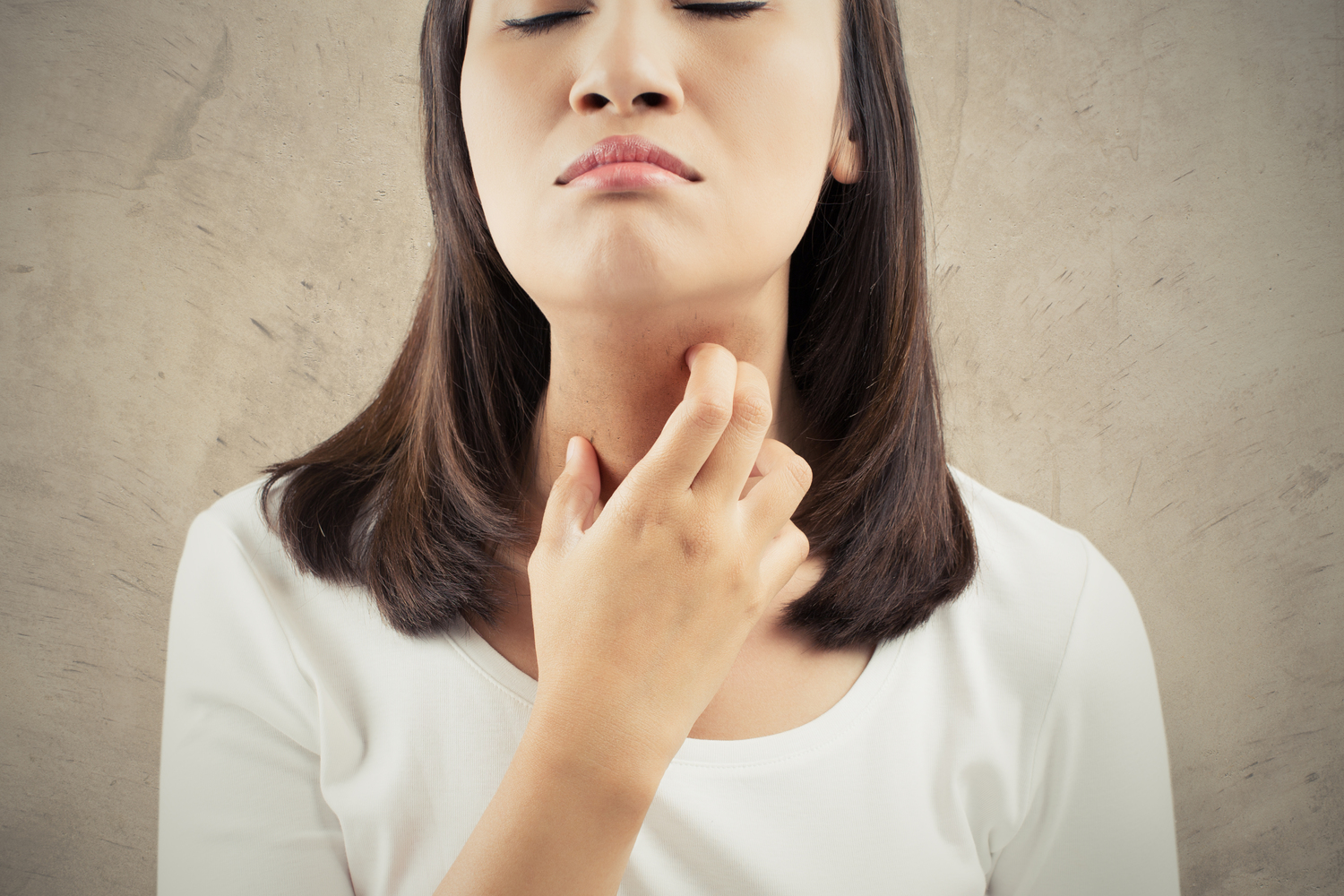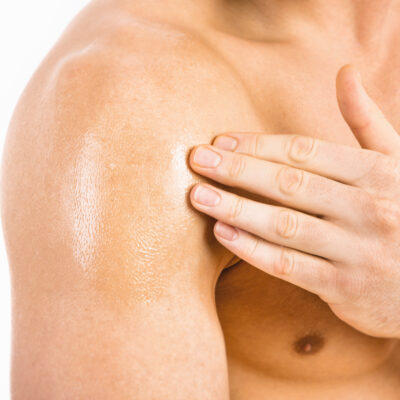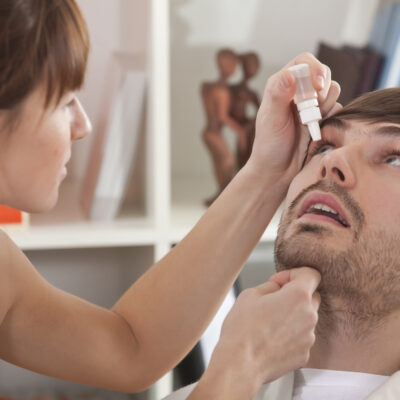
Treatment and home remedies for itching
The goal of treatment for itching is to identify the cause and stop the itch. Impact of itching could be scratch marks due to constant scratching resulting in sores and infection. Chronic itching could cause sleep disturbances and anxiety. Many times itches can be treated at home with home remedies or over the counter medication including topical creams, lotions, ointments, and gels. Pruritis can be best treated after finding the underlined cause it could either be a skin condition or a systemic disease. When the underlying problem is corrected, treatment will be given to control the itch and scratch cycle.
Treatment for itching would include oral antihistamines, topical steroid cream and also by good care of the skin. In the case of generalized pruritis, with persistent or severe itching it is best to see a physician for evaluation and treatment.
Once the cause of itching is figured out medication option can be given to relieve the itching.
- Antihistamines medication like diphenhydramine is used for itching, sneezing and running nose. Generic diphenhydramine is best for allergic reactions. In cases of extreme difficulties like breathing, swelling of face or tongue and vomiting, medical attention should be sought immediately as they are classic symptoms of life-threatening allergic reactions.
- Anti-itch creams like corticosteroids are helpful when there is itching in small areas.
- Other medication like antibiotics would be needed in the treatment of itchy skin that is also infected.
- Powerful medications like anti-depressants would also be recommended in cases where other treatments do not help and the condition is particularly long-lasting.
In cases where medications are not needed to treat pruritis, these options will help soothe and calm the itchy skin.
- Compress with a cold cloth
- Taking bath in lukewarm water
- Using moisturizers or skin lotions
- Using mild soaps
- Taking bath with oatmeal
It is easier said than done to not scratch the itchy skin. Scratching irritates the skin further and increases the risk of infection. To avoid this situation the following can be done.
- Do not use irritating fabrics like wool and polyester
- Avoid high heat and humidity
- Try to pat the itchy part rather than scratching
- Do not take long hot baths as they dry out the skin and worsens itching
- Avoid bubble baths, powders, and cornstarch
- Always try to pat or tap an itchy area instead of scratching it
- Nails should be kept clean short and smooth to avoid infection
Home remedies that help in itching
There are some hacks that are available at home which can be useful as a remedial measure for itching or irritable skin.
- Use a good moisturizer to keep the skin hydrated. It helps to reduce scratching.
- Use soaps and detergents that do not contain color dye or perfumes.
- Have a cool bath with baking soda or oatmeal release itching.
- Use of mild moisturizing cream after a bath will help to a great extent.
- Apply Aloe vera gel to soothe the skin.
- During dry and cold months, it is ideal to humidify your home to at least 40%.
- Avoid and limit spicy foods, caffeine, and alcohol which affect the blood flow in the skin, which causes increased itching.
Most cases of itching are treatable. They do not indicate any serious problem but it is always best to check with the physician to confirm a diagnosis and start treatment when symptoms are severe and persistent.


